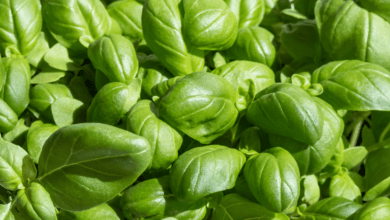
Food waste occurs at every stage of the food supply chain, from production to consumption. It is estimated that one-third of all food produced in the world is wasted, which amounts to approximately 1.3 billion tonnes of food each year. This is a shocking statistic, especially when considering that 795 million people in the world are undernourished.
The Impact of Food Waste on the Environment
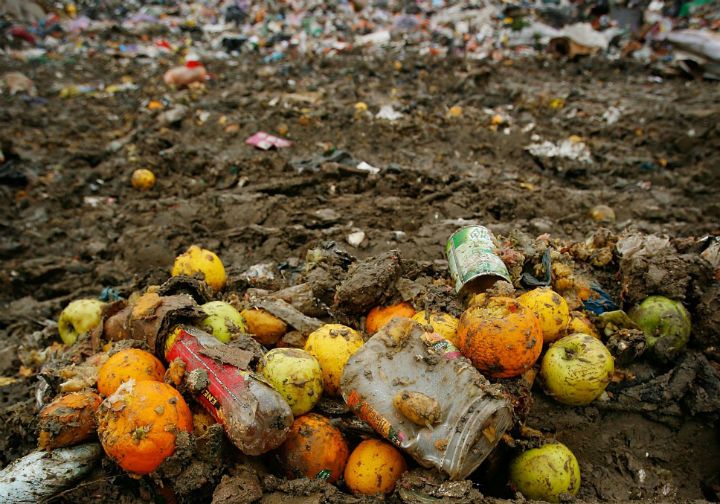
Food waste has a significant impact on the environment, contributing to greenhouse gas emissions, water pollution, and deforestation. When food is wasted, it ends up in landfills where it decomposes and releases methane, a potent greenhouse gas that is 25 times more powerful than carbon dioxide. Additionally, the resources used to produce the wasted food, such as water, energy, and land, are also wasted. This has a significant impact on the environment, as it contributes to water scarcity, deforestation, and soil erosion.
The Economic Impact of Food Waste
Food waste also has a significant economic impact, both on producers and consumers. For producers, food waste means lost revenue and wasted resources. For consumers, it means higher food prices and wasted money. Additionally, food waste contributes to the global food crisis, as it reduces the amount of food available for consumption and increases the demand for food.
The Ethical Implications of Food Waste
Food waste is not just an economic and environmental issue; it also has ethical implications. When food is wasted, it means that resources that could have been used to feed hungry people are wasted. This is especially troubling given that 795 million people in the world are undernourished. Additionally, food waste is often associated with food insecurity, as it reduces the amount of food available for consumption.
Causes of Food Waste
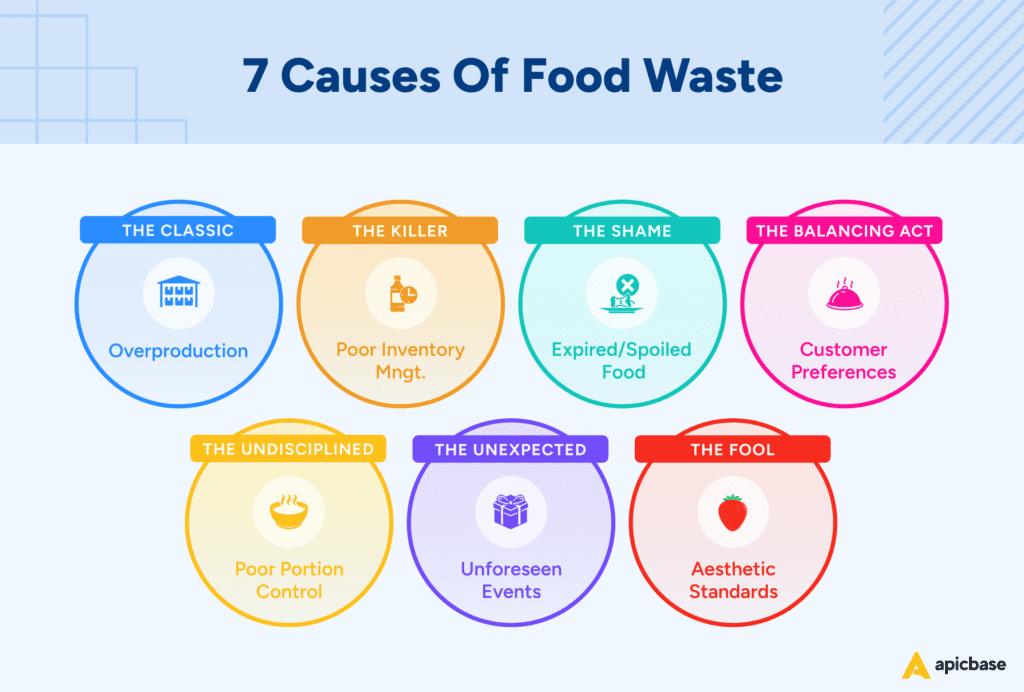
There are many causes of food waste, including overproduction, strict cosmetic standards, and inefficient supply chains. Overproduction occurs when producers grow more food than is needed to meet demand. Strict cosmetic standards mean that produce that does not meet certain aesthetic criteria is discarded, even if it is perfectly edible. Inefficient supply chains mean that food is often wasted during transportation and storage.
Solutions to Food Waste
There are many solutions available to reduce food waste, including reducing overproduction, relaxing cosmetic standards, and improving supply chains. Additionally, individuals can reduce food waste by planning meals, using leftovers, and composting food scraps. Governments and organizations can also play a role in reducing food waste by implementing policies and programs that encourage waste reduction.
How Reducing Food Waste Can Benefit the Planet’s Health
Reducing food waste has many benefits for the planet’s health, including reducing greenhouse gas emissions, conserving resources, and improving food security. By reducing the amount of food that is wasted, we can reduce the amount of methane released from landfills, conserve water and energy resources, and increase the amount of food available for consumption.
What Can Be Done at Home to Reduce Food Waste?
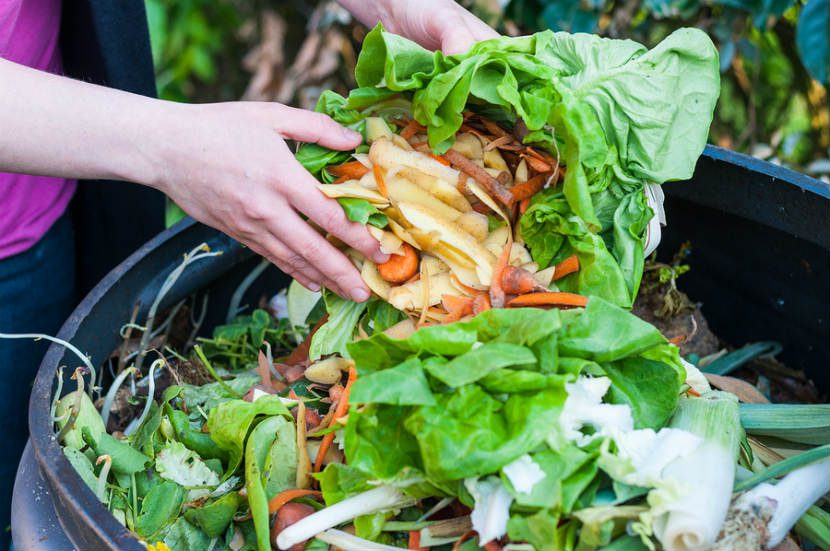
There are many things that individuals can do at home to reduce food waste. Planning meals in advance, using leftovers, and composting food scraps are all effective ways to reduce food waste. Additionally, avoiding overbuying and shopping more frequently can help to reduce the amount of food that goes to waste.
Organizations Leading the Fight Against Food Waste
There are many organizations leading the fight against food waste, including the Food and Agriculture Organization of the United Nations, Feeding America, and the Waste and Resources Action Programme. These organizations are working to reduce food waste by implementing policies and programs that encourage waste reduction.
Why Food Waste is the Worst Culprit in Our Planet’s Health
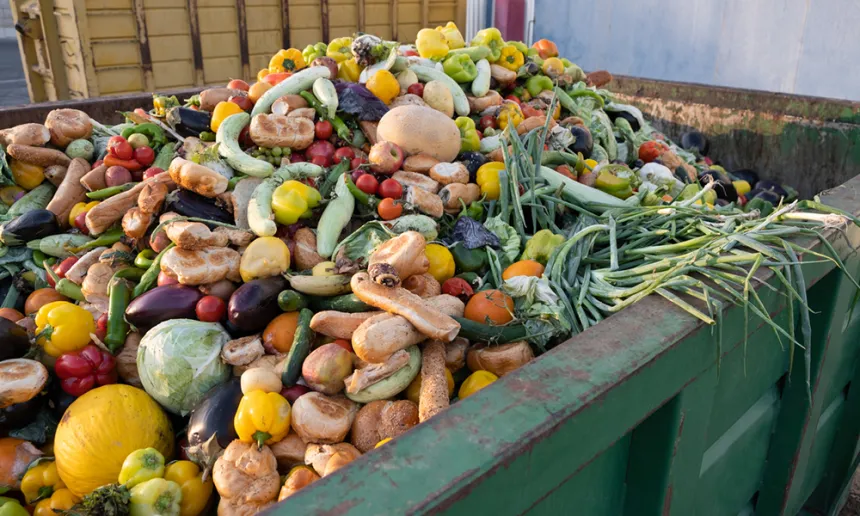
Food waste is a global problem that has significant economic, environmental, and ethical implications. It is a problem that affects everyone, from producers and retailers to consumers and the environment. However, there are solutions available to reduce food waste, and individuals, organizations, and governments can all play a role in reducing waste. By reducing food waste, we can improve the planet’s health, conserve resources, and increase food security.
Take some actions to fight food waste
Join the fight against food waste by implementing waste reduction practices in your daily life. Plan your meals, use leftovers, and compost food scraps. Support organizations that are working to reduce food waste and encourage your local government to implement policies and programs that promote waste reduction. Together, we can make a difference and reduce the impact of food waste on our planet’s health.




